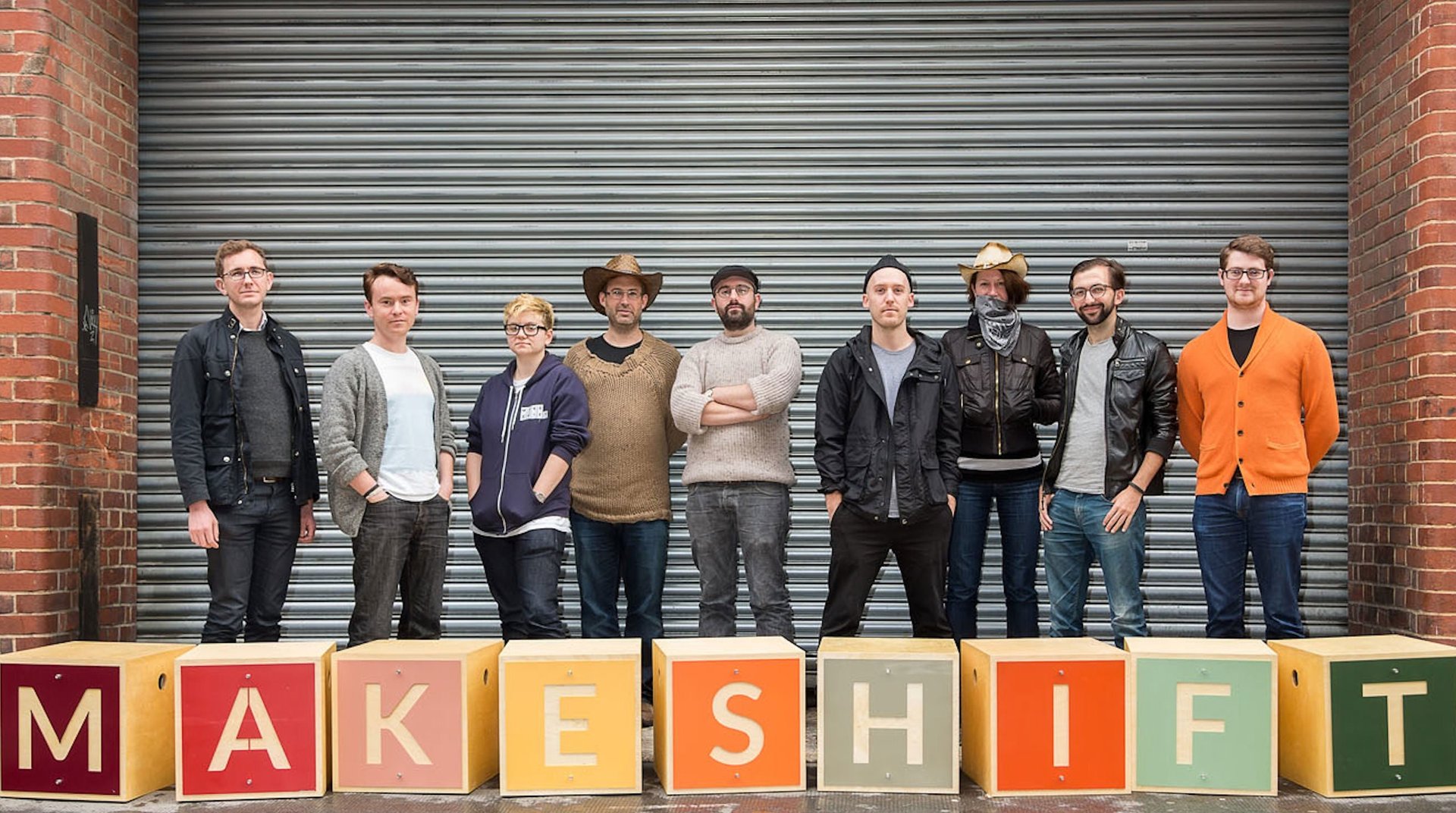This London startup is bringing anonymity to online job hunting
Looking for a job when already employed is awkward. Companies prefer personal referrals to using recruiters and job boards, but asking one’s friends or professional network for help can be daunting and slow. And of course there’s the worry that your current employer will catch on.


Looking for a job when already employed is awkward. Companies prefer personal referrals to using recruiters and job boards, but asking one’s friends or professional network for help can be daunting and slow. And of course there’s the worry that your current employer will catch on.
London-based Makeshift, a startup that makes web tools for other startups, has created a simple and increasingly popular solution to the problem aimed at the tech community called Hire my Friend.
In their system, a job seeker makes an anonymous profile and asks friends to back and share it. Interested companies can request the person’s real identity and she can agree or decline.
The idea is that asking friends for a tweet and endorsement is much easier than asking them to directly refer you or ask around in their own networks. Companies get to headhunt candidates that have the stamp of legitimacy without calling a recruiter, and candidates get broad reach while staying anonymous.
The service is still small, with somewhere over 7000 candidates and around 250 companies (including Stripe and Intercom). It has brokered 1000 introductions since launch last summer, according to its own data. But the company touts itself as a particularly valuable database of “passive candidates”—those who aren’t actively applying for new jobs but would listen to the right offer—which companies have the most difficulty finding. It’s essentially the service recruiters offer for large fees.
“The whole recruitment industry feels totally ready for upheaval,” Makeshift co-founder Nich Marsh told Quartz in an email, “not least because the biggest player, LinkedIn, seems to be so stagnant. We’ve basically taken the most valuable part of the LinkedIn proposition to recruiters—the identification of the most active ‘passive’ candidates—and turned it into a very focused service.”
The idea originally came from Makeshift designer Jon Gold. He dreamed up a basic version of the service for his girlfriend, and the anonymous page he made and tweeted out for her helped get her a new job quickly.
He then pitched the idea to his colleagues, who saw the appeal immediately.
The initial idea included anonymous profiles and tweets. But the team soon realized that companies were the essential other customer, and that tweets alone wouldn’t make job connections happen. So they added the ability for employers to make accounts and search for candidates as well. Companies pay a £20 fee for each message they send. The company’s current focus is on improving the rate of accepted introductions.
Makeshift’s founders say they only offer the platform to companies with positions they have deemed ”genuinely amazing.” They define this as a position at a company that’s solving a real problem for customers, with actual involvement in that solution, and potential to grow.
Built by startup people and for them, Marsh says the company is uniquely suited to the future of hiring.
“I think we will become an important connecting force during this total upheaval of the jobs market represented by the emergence of startup culture,” Marsh says. “Small teams forming, dying and reforming quickly is the future for information workers around the world. Job turnover is constant, and we want to become an integral part of the way that new startups build the best new teams as quickly as possible.